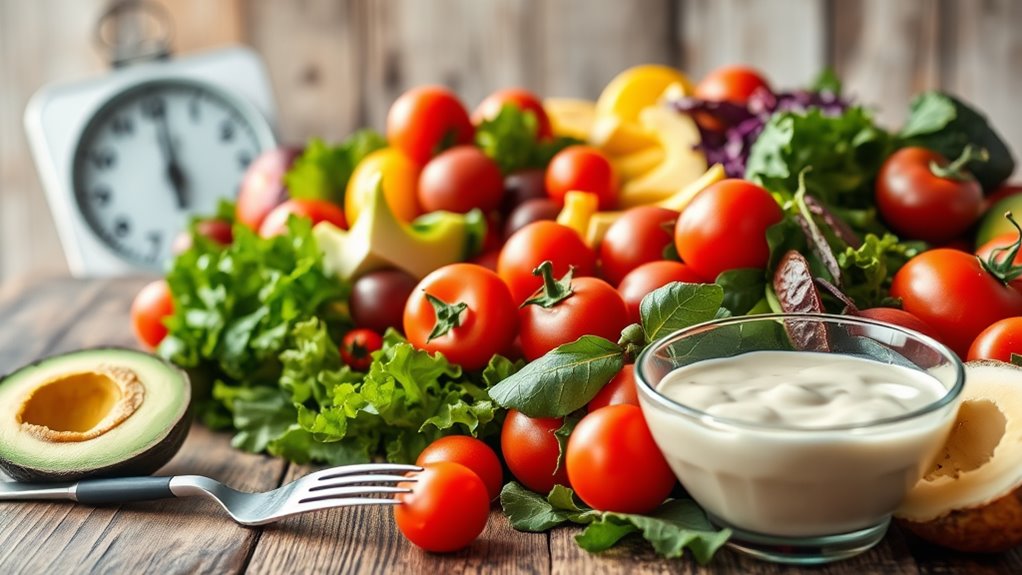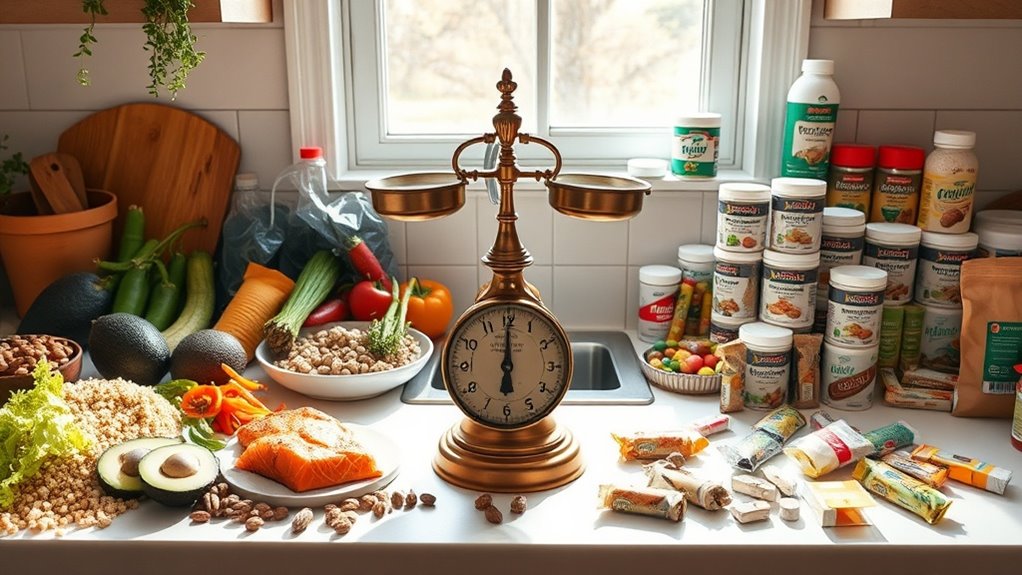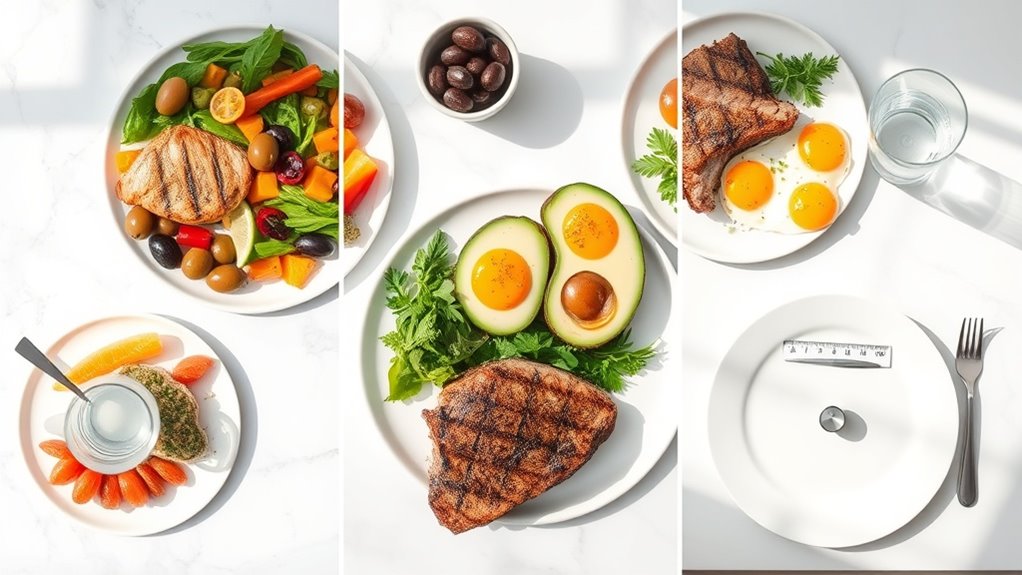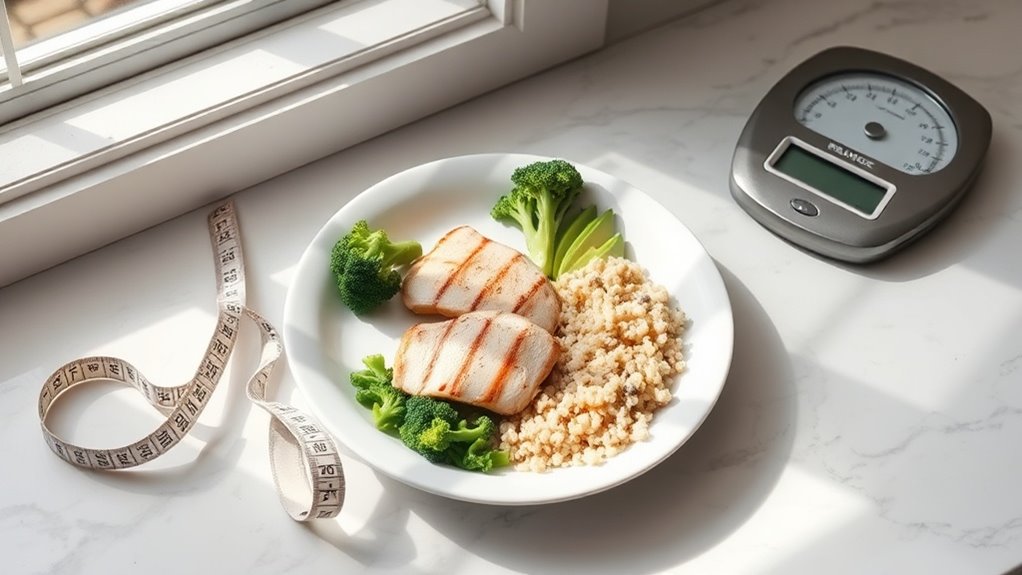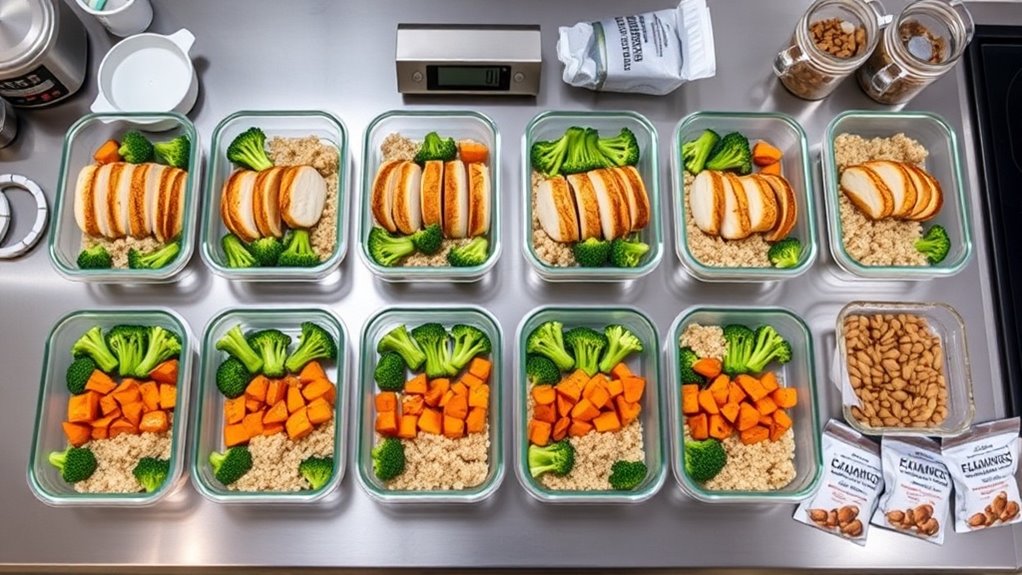This ‘Healthy’ Food Is Secretly Sabotaging Your Weight Loss!
You might think you’re making healthy choices, but some “healthy” foods could actually be sabotaging your weight loss efforts. For example, granola bars and smoothies often pack more hidden sugars than you’d expect, and low-fat products might just trick you with extra calories. It’s easy to get confused by labels, right? But before you fall into the trap of so-called nutritious options, let’s uncover what’s really lurking in your pantry.
The Deceptive Nature of Granola Bars
Have you ever picked up a granola bar, thinking it’s a healthy snack, only to feel a wave of confusion later when you check the label? You might discover hidden unhealthy foods lurking in what seems like a wholesome choice.
Many granola bars boast whole grains and oats, but they also pack in sugar, unhealthy fats, and preservatives. Before you know it, you’ve consumed more calories than a candy bar! It’s frustrating, right?
To make smarter choices, look for bars with minimal ingredients, like nuts and seeds, and low sugar content. Your weight loss journey deserves better than deceptive snacks.
Why Smoothies Might Not Be as Healthy as You Think
While smoothies might seem like a quick and easy way to pack in nutrients, they can sometimes be more of a sugar bomb than a health boost. You might think blending up fruits and veggies is a smart choice, but it’s easy to go overboard.
Those sweet fruits can add up, and if you’re tossing in yogurt or juice, the sugar content skyrockets. Plus, when you drink your calories, it’s easier to lose track of how much you’re consuming. Instead of feeling full, you might find yourself craving more snacks later on.
The Hidden Dangers of Low-Fat and Fat-Free Products
When you grab that low-fat yogurt or fat-free salad dressing, you might think you’re making a healthier choice, but hold on—these products can actually be sneaky culprits in your weight loss journey.
Many of them replace fat with added sugars or artificial ingredients to maintain flavor, which can sabotage your efforts. You might end up consuming more calories than you bargained for!
Plus, without healthy fats, your body may not feel satisfied, leading to cravings for more snacks later on.
Instead, consider choosing whole-food options in moderation. They’ll keep you fuller longer and help you stay on track.
The Truth About Whole Wheat Bread
Many people believe that choosing whole wheat bread is a surefire way to eat healthier, but the truth is a bit more complicated. While it’s often marketed as the healthier option, whole wheat bread can still lead to weight gain if you’re not careful. Here’s a quick comparison to help you make smarter choices:
| Type of Bread | Fiber Content | Sugar Content |
|---|---|---|
| Whole Wheat Bread | Moderate | Moderate |
| White Bread | Low | High |
| Sprouted Grain Bread | High | Low |
When picking your bread, remember that not all whole wheat options are created equal. Check labels for added sugars and stick with varieties that have high fiber to really boost your health!
The Caloric Pitfalls of Healthy Snack Options
Choosing whole wheat bread might seem like a step in the right direction for your diet, but even healthy snacks can trip you up on your weight loss journey.
You might assume that when you grab a “healthy” snack, you’re making a smart choice, but those calories can add up quickly. Here are three common pitfalls to watch out for:
-
Granola Bars: They often pack more sugar than you think, making them a sneaky calorie bomb.
-
Nut Butters: While nutritious, they’re calorie-dense, so it’s easy to overdo it when you’re dipping fruit or spreading it on toast.
-
Trail Mix: It’s delicious, but those nuts and dried fruits can lead to mindless munching, racking up calories fast.
Stay mindful, and keep your portions in check!
Understanding the Misconception of ‘Organic’ Foods
While you might think that buying organic foods guarantees a healthier diet, the truth is a bit more complicated.
Sure, organic options often mean fewer pesticides, but that doesn’t automatically make them low-calorie. You might snag a bag of organic chips, thinking you’re making a smart choice, but those calories can pile on just like any other snack.
Plus, some organic foods are heavily processed, which can sneak in added sugars and unhealthy fats. It’s easy to get caught up in the organic label, but remember, moderation is key.
Always check the nutrition labels and stick to whole foods whenever possible. So, next time you shop, don’t let the word “organic” trick you—your waistline will thank you!

